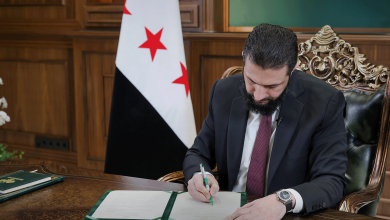Understanding France’s complex relationship with Islam and Muslims often bewilders observers, particularly given the nation’s image as a bastion of Enlightenment, freedom, and democracy. This perception clashes with its colonial history, marked by exploitation and cultural imposition. This article delves into the underlying causes of French hostility towards Islam and Muslims, exploring ways to mitigate and eradicate these issues. France’s Struggle with Islam
Historically, France has maintained a consistent level of antagonism towards Islam and Muslims, a sentiment that, despite heavy media portrayal today, seems to be on a decline. This decline is attributed to the growing disconnect between actual experiences and perceived notions. This analysis aims to pinpoint five primary reasons for this hostility:
- Continued Colonial Mindset: France still mentally perceives Muslims as subjects of colonized territories, indicating a persisting colonial mindset focused on cultural annihilation.
- Perceived Security: France feels emboldened in its policies towards Muslims, often finding unconditional support from elite groups within the original Muslim communities, thus legitimizing its stance.
- Internal Retaliation: France is reacting to its failure in assimilating Muslims, who have largely maintained their religious and cultural identities while coexisting with republican values.
- Fear of Moderate Islam: Contrary to popular belief, France’s problem is not with Islamic extremism; it’s with moderate Islam, leading to a heightened sense of hostility to create a fear-mongering narrative.
- Cultural Identity Crisis: France considers itself a guardian of Judeo-Christian societal identity, experiencing hysteria in the face of a changing societal fabric that increasingly includes Islamic elements. France’s Struggle with Islam
Addressing this hostility requires multifaceted efforts:
- Social Impact: In a globalized world, Muslims must foster real social connections, countering the negative stereotypes through genuine, heartfelt interactions.
- Legal Engagement: Adhering to and influencing laws through legal means is crucial. Respecting laws is not just a legal necessity but a moral one, helping to dispel negative perceptions.
- Media Strategy: Changing entrenched perceptions requires counteracting negative imagery with positive media portrayals, emphasizing the importance of content over medium.
- Intellectual and Educational Reform: Muslim intellectuals must courageously engage in critical self-examination, reassessing aspects of Islamic jurisprudence and history to align more closely with contemporary values.
This article, in conclusion, emphasizes the need for Muslims in France to actively engage in societal, legal, and educational domains to reshape perceptions and foster a more harmonious coexistence.



